Netflix Cambridge Analytica film: Social media is 'like a crime scene'
- Published
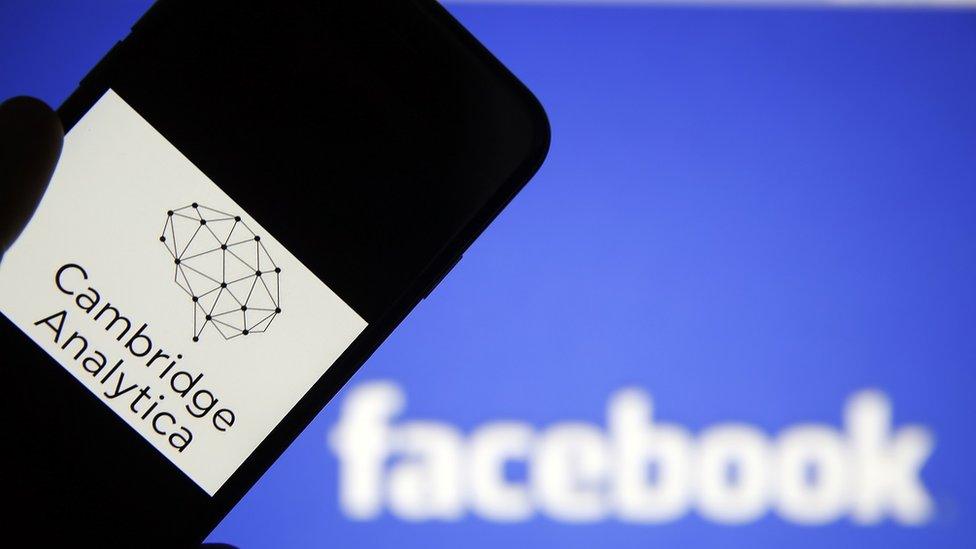
What if someone said to you the apps you use daily including Facebook, Twitter, Instagram and WhatsApp are all "crime scenes"?
Those are the words the makers of a new Netflix documentary called The Great Hack use to describe social media.
The film is about one of the biggest scandals in recent times, when information from millions of Facebook profiles was handed over to a company called Cambridge Analytica.
The firm used information on what people liked, who they interacted with or what they posted about to tailor adverts to their social media feed for political campaigns.
Those included Donald Trump's 2016 presidential campaign and the Leave.EU campaign.
"Data has now become the world's most valuable asset, more than oil," Jehane Noujaim, one of the directors of The Great Hack, tells Radio 1 Newsbeat.
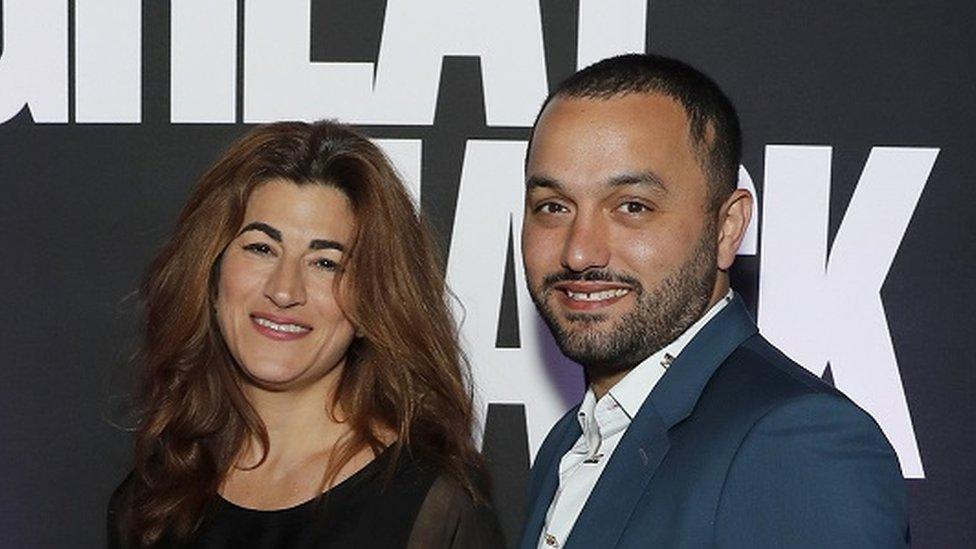
Jehane Noujaim (left) and Karim Amer, directors of The Great Hack
"There is a fight going on for your personal data, which is now being weaponised in order to manipulate you into voting the way those people who have bought your data want you to."
Jehane says we are "living in the Matrix" and says she and her co-director Karim Amer want the film to help us all understand how our information is being used and to get everyone talking about it.

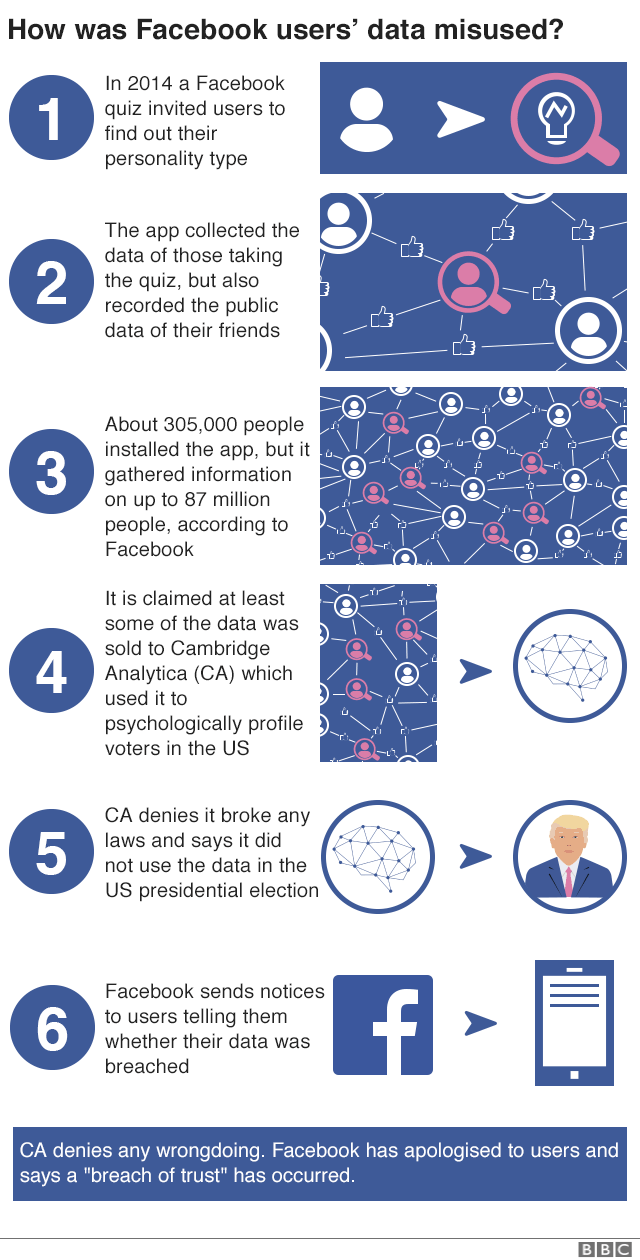

The filmmakers followed three people who played significant roles in the scandal.
One of them is Brittany Kaiser, who worked for Cambridge Analytica and then exposed what was happening at the company.

Brittany Kaiser worked for Cambridge Analytica and took part in the Netflix documentary
"She began her career as an idealistic intern in the Barack Obama campaign, seeing the ascent of these technologies and tools being used," explains Karim.
He says Brittany and her colleagues "invented how social media would be used in politics".
"Then we see the same person working at Cambridge Analytica, at the centre of Brexit, at the centre of the Trump campaign."
Through her and the other contributors, they were able to unpack how we have got to a place where technology is having such a huge impact on our lives.
March 2018: What does Facebook know about me?
"These things began as spaces to share our likes, music preferences, selfies," says Karim.
"So the question is, if Facebook is a crime scene, how do we get justice?"
He believes the idea that crimes are only committed in the physical world is now completely redundant.
Karim says we should think of our personal data as "a virtual voodoo doll" that is "reflective of your emotional pulse."
"Every moment of the day and every different day it is adjusting to who you are and what the algorithm thinks you want.
"The reason why that voodoo doll is effective is because you are constantly giving your digital footprints away."
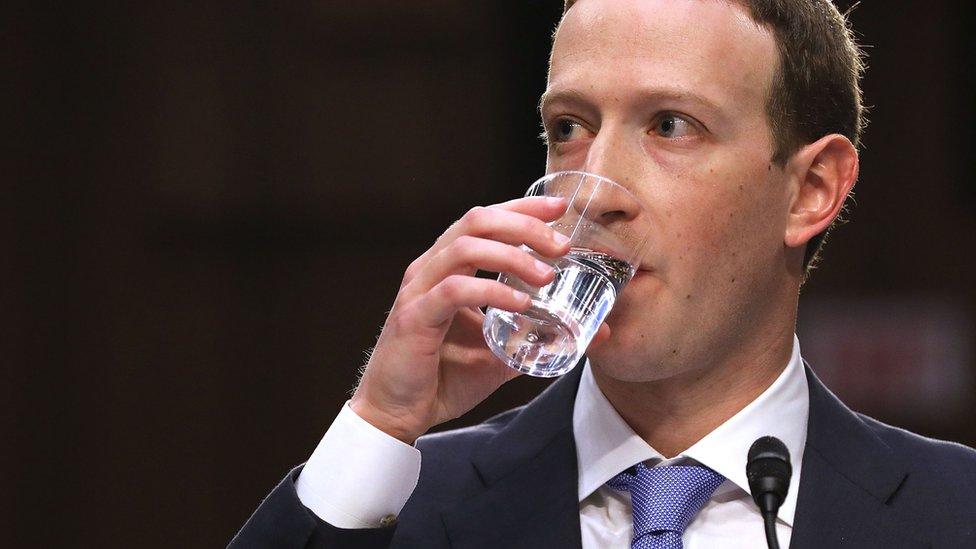
Facebook was this week fined a record $5bn (£4bn) over the Cambridge Analytica scandal
Despite their comments about social media, neither Jehane or Karim think we should quit it completely.
"It's about consent," says Karim, who thinks people "really don't understand" what data they are giving up.
"We are being tricked," he says.
"These apps are being designed to survey you constantly - your every movement - and sell your location and your details to the highest bidder."
The Great Hack is on Netflix UK and Ireland now.


Follow Newsbeat on Instagram, external, Facebook, external, Twitter, external and YouTube, external.
Listen to Newsbeat live at 12:45 and 17:45 weekdays - or listen back here.
- Published24 July 2019
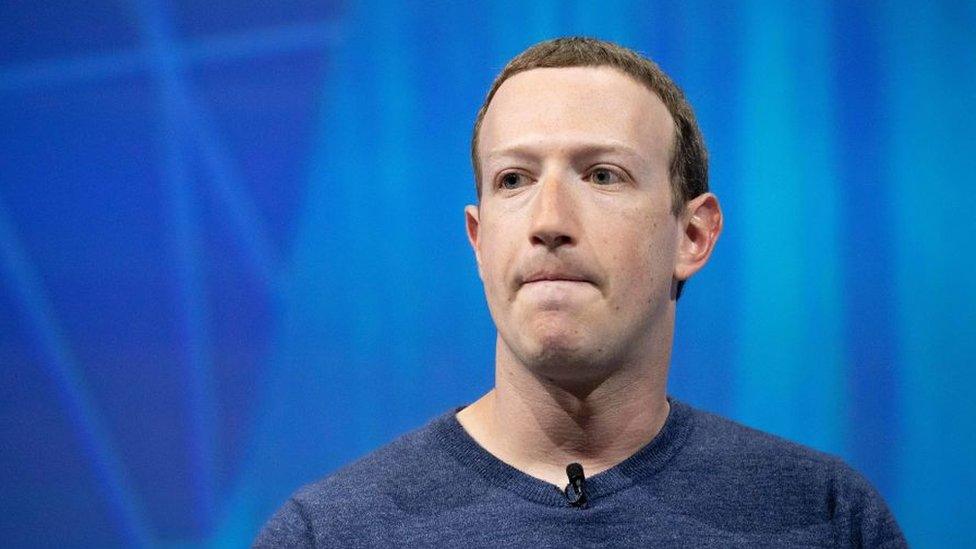
- Published21 March 2018
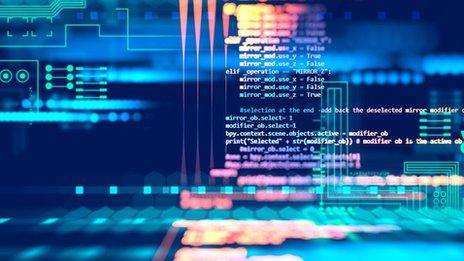
- Published11 April 2018
